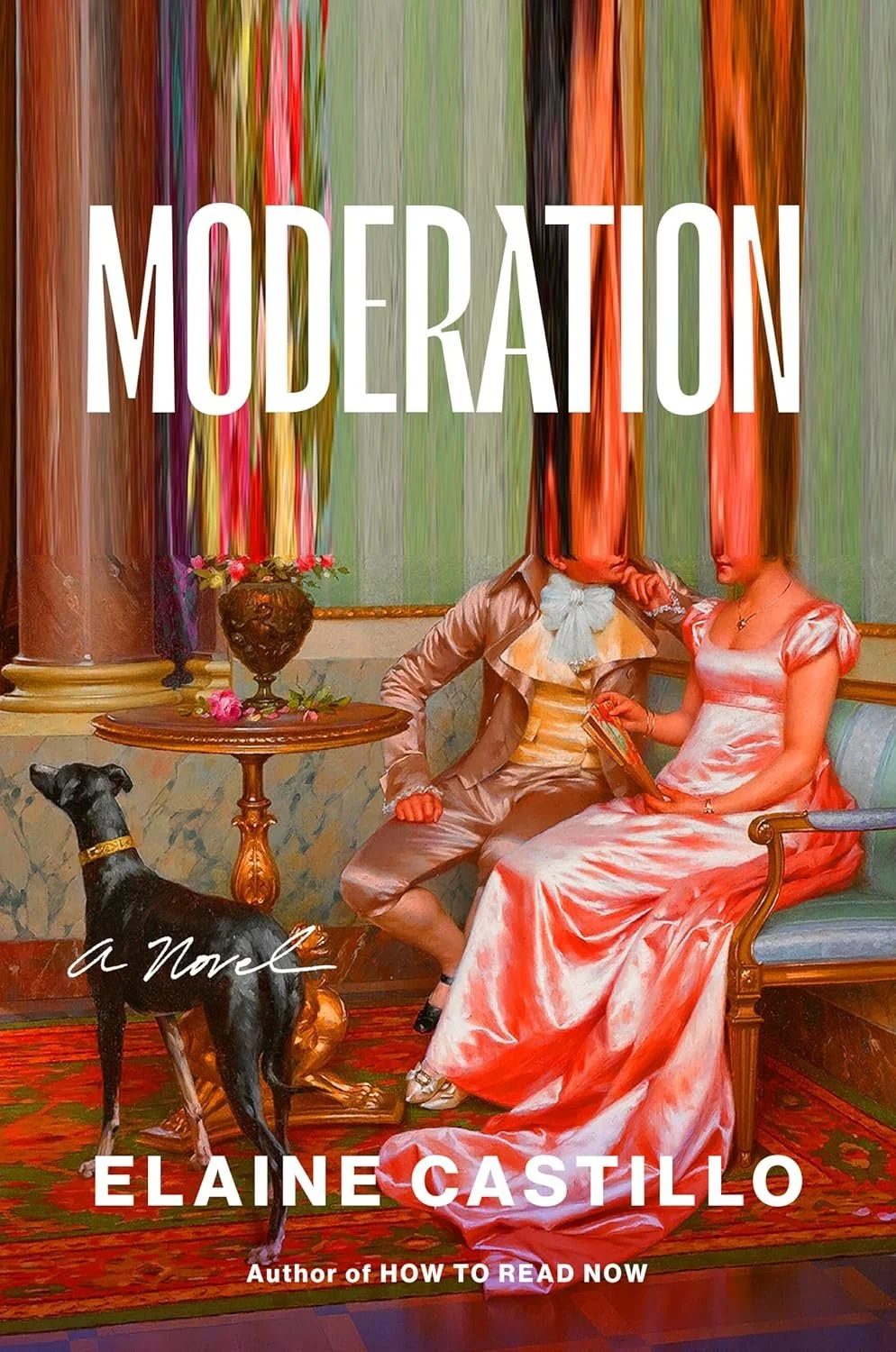Dust Child, Nguyễn Phan Quế Mai
‘Quế Mai’s signature poetic prose, sensory world-building and the richness of Vietnamese culture are ever-present.’
Two years ago, I picked up Nguyễn Phan Quế Mai’s coming-of-age novel, The Mountains Sing, unaware that the Trần family would run away with my heart. Since then, Quế Mai’s words have touched readers around the world, and I have placed her story into the hands of friends and family, knowing that her words are a gift to anyone who reads them.
Needless to say, my expectations for her second novel, Dust Child, couldn’t have been any higher, but once again, Quế Mai has written a heart-wrenching novel that is a love letter to Việt Nam and its people.
Weaving together multiple timelines, Dust Child is split into three storylines which intersect and converge in an epic conclusion. In 1969, two sisters leave their parent’s home in the countryside and travel to the bustling city of Sài Gòn where they begin working as ‘bar girls’ in a drinking establishment frequented by American GIs. As the Việt Nam War breaks out around them, the girls are forced to compromise their morals in order to survive. In the modern day, two men visit a very different Sài Gòn. Phong – the son of a Black American soldier and a Vietnamese woman – is in search of his parents, whilst Dan, an American war veteran, hopes a return to the city will help him to ease his PTSD.
Quế Mai’s signature poetic prose, sensory world-building and the richness of Vietnamese culture are ever-present in her follow-up novel. In keeping with The Mountains Sing, it is her understanding of human trauma and the compassion she has for her characters which makes this novel shine. I was drawn to all three strands of the story for different reasons, but I had an undeniable soft spot for the two sisters. Their familial bond was perfectly told and the sacrifices they endured at such a young age nearly brought me to tears multiple times.
Readers are effortlessly transported to the streets of Sài Gòn and Quế Mai has a natural gift for storytelling; her writing both captivates and educates, shining a light on the devastating consequences of war. As is the case with The Mountains Sing, she re-introduces humanity into the history books and gives a voice to the tens of thousands of Vietnamese Amerasians. In the author’s note at the end of the novel, Quế Mai recounts the seven years she spent writing the book and the tireless work she took in fictionalising the real-life interviews she conducted with Amerasians. The dedication that she has to sharing their stories not only speaks to the uniqueness of her craft, but also for her warmth as a human being.
There are some books you don’t read so much as live, and Dust Child sits firmly within this category. I truly cannot wait for readers to fall in love with this book, just as I have done so.
Editorial Picks




